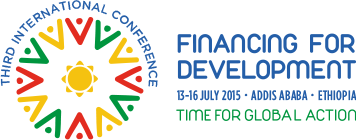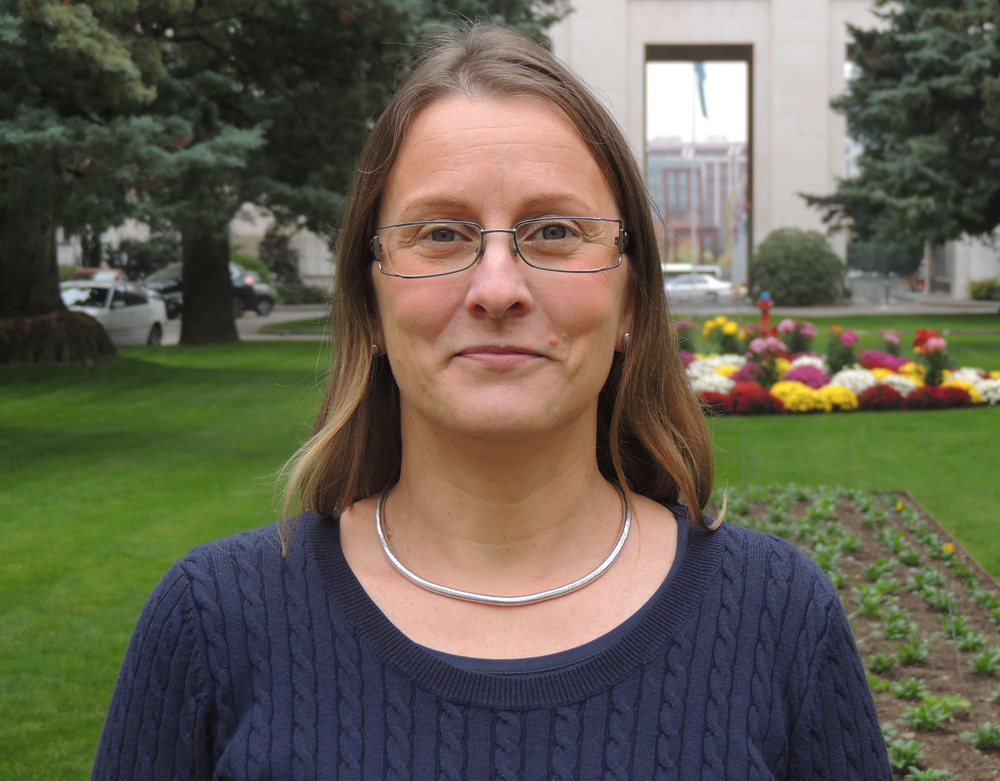Destination: Socially Sustainable Development. Will Addis Lead the Way?
by Katja Hujo
29 October 2015
The UN recently completed another part of its new global sustainable development agenda: the Addis Ababa Action Agenda (AAAA). Prior to the July conference in Addis, UNRISD set out on the “Road to Addis and Beyond” together with scholars, UN partners, civil society organizations and NGOs, inviting them to contribute to a Think Piece Series on the AAAA’s outcomes and ways forward.
The new global financing framework for the 2030 agenda still has to prove that it will really contribute to truly substantive social transformation. Some disappointment about the AAAA was taken up in our Series, such as the failure to create a UN tax body (Montes) or a Global Social Protection Fund (Cichon), and the inability to agree on more concrete commitments and timelines (Kaul and Blondin). There was also scepticism about the proposed increased role of the private sector (Caliari), the instrumentalist take on gender equality (Bidegain, Durano and Rodríguez Enríquez), and the missed opportunity to move aid debates forwards on the roles of global public finance (Hurley). On a more positive note, an important outcome of the AAAA is the up-front commitment to a new social compact and to delivering social protection and essential public services to all. And while this pledge is not entirely new, what is novel in the AAAA is a more visible emphasis on domestic resource mobilization and taxation as the key instrument to finance this social compact and the 17 objectives of the new SDG agenda.
This is first and foremost good news. UNRISD research has for many years highlighted the need to link debates on social policy with financing (Bastagli). There is also considerable research evidence on the positive aspects of taxation such as revenue stability and state accountability. However, progress will require more than a tax reform blueprint and improved tax administration. In the end, it is the politics of tax reform, at both national and global levels, which will be critical.
Recent UNRISD research on the Politics of Domestic Resource Mobilization for Social Development engages with the complexity of political processes related to taxation and mobilization of domestic resources. It demonstrates the “stickiness” of taxation (Moore), showing that tax performance depends on historical legacies, economic structure, conjunctural factors, and the type of citizenship regime, political settlement and socio-political coalitions (Schneider, Arellano and Acosta, Moudud, Perez and Delamonica), in a particular country. Thinking therefore that tax be easily fixed seems overly optimistic, especially considering the way that other challenges such as illicit financial flows and tax havens, tax competition, “race to the bottom”-type policies and the unsustainable practices of multinational companies continue to constrain governments’ policy space (Siu), in particular in the mining sector (Magno).
There are however, some promising routes towards mobilizing more and better finance at the national level:
- link tax-transfer policies with macroeconomic policies that foster employment intensive growth and structural change;
- improve tax compliance and accountability through universal social services and income guarantees;
- engage in transparent tax bargains by broadening the participation of actors such as parliaments, civil society organizations and communities (Kangave)
- design tax systems to support progressive and gender-equitable redistribution, and to avoid tax biases against women (Grown and Goopta) or incentivizing ecologically harmful practices;
- improve state capacity in tax administration and in negotiation with powerful investors; and
- mobilize different sources and use other instruments in addition to tax, such as sovereign wealth funds (Behrendt), social insurance funds, and contributory pension programmes, while honouring the different rules and legislation governing social funds (Nitsch).
Then there are a number of blind spots that we need to pay more attention to. The future agenda will fall short of expectations unless we have:
- a fairer system of global governance;
- increased international public finance beyond traditional ODA logic;
- fair and sustainable restructuring of sovereign debt or debt relief for countries in crisis (Bohoslavsky);
- support for promising alternatives on the ground (such as social and solidarity economy and finance, Mathei); and
- access to universal social policies that motivate all income groups to join, monitor and fund the social compact.
Domestic and global revenue bargains need to be addressed in tandem (Bangura), and the donor community needs to catalyse its potentially positive role in kicking off and supporting national social compacts (Cherrier). There is also a previous promise to honour, in which donors committed to giving stronger support for DRM, but which is not visible in aid allocations thus far (Bhushan and Samy).
Probably the most important message we can take away from the Addis conference and our discussions around it is that “Addis is just the start” (Martin). Financing for development is not only about the trillions of dollars countries have to mobilize to eradicate poverty and invest in socially sustainable development. It is also about who pays and who receives; who holds power to negotiate and influence decisions; and the social, economic, political and human rights implications of different financing modalities. The way such questions are tackled in the future will determine whether the new development agenda will inspire trust, hope and commitment, as Eddie Rich put it, beyond “fine words”.
This is a shortened version of a longer piece which can be accessed here: www.unrisd.org/road-to-addis-hujo
For the full list of think pieces and research notes in the Addis series, please click here: www.unrisd.org/road-to-addis

